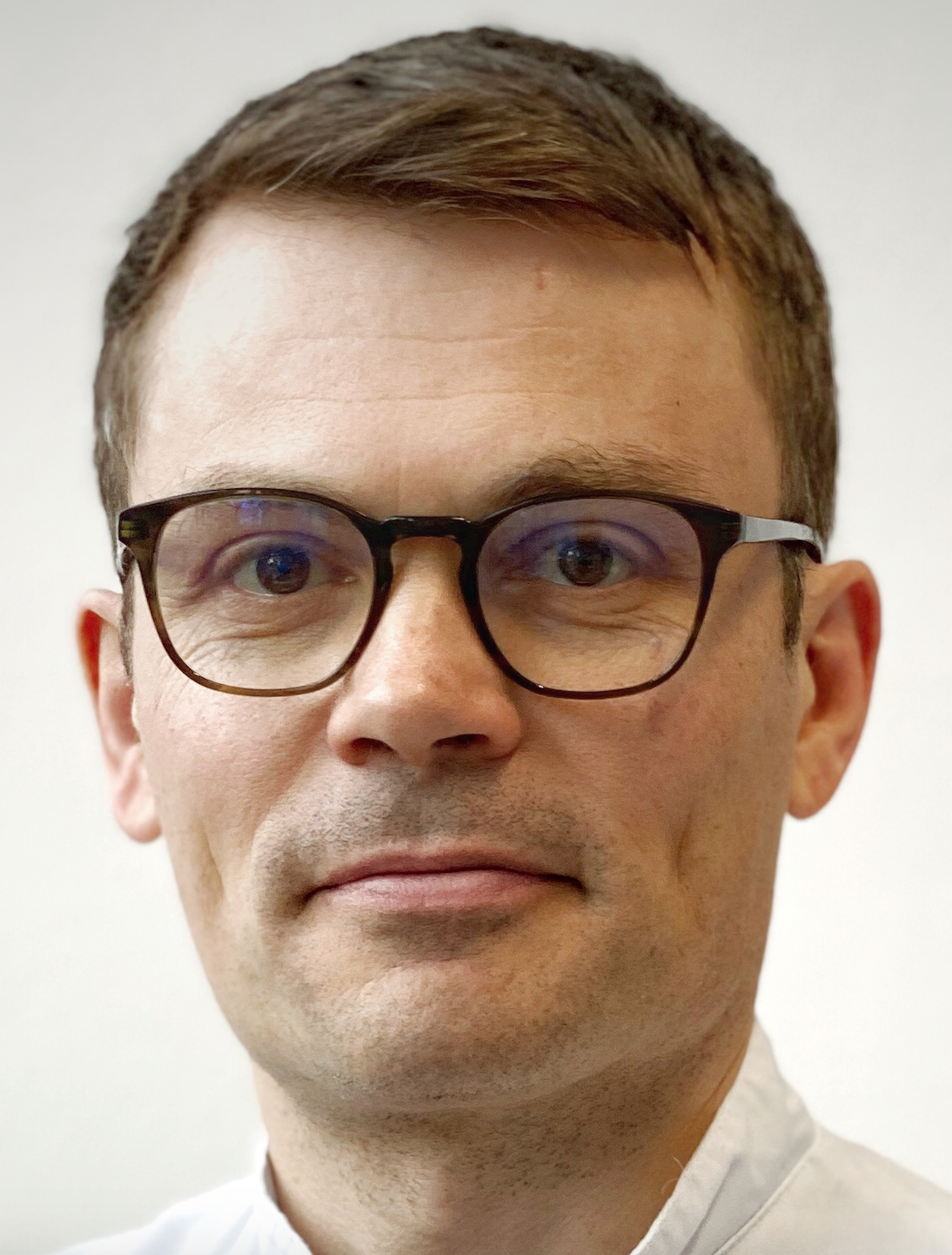Project overview Joint Funding
NEOLAP/SUBPAN (Subtyping of locally advanced pancreatic cancer)
Program: MDEB Funding Line: UPGRADE Project type: study-related research project Entity: pancreatic cancer Status: completed
Project summary
The project on image-based subtyping of locally advanced pancreatic cancer delivered clinically relevant AI tools for diagnosis, prognosis, and therapy response prediction in pancreatic cancer. An important achievement was the extension of the DKTK Joint Imaging Platform (JIP) with pathology-specific viewer and analysis functionalities, enabling seamless integration of digital pathology data with radiological imaging. Key advances include interpretable deep learning models, virtual staining for subtyping, and non-invasive imaging biomarkers. These innovations have high potential for integration into clinical workflows and support prospective validation in ongoing initiatives such as RACOON-PDAC and PRECISE-MD. The established infrastructure enables sustainable data use, while the results lay the foundation for future IITs, biomarker driven trials, and updates to clinical practice guidelines.
Involved Partnersites
Berlin, Essen/Dusseldorf, Heidelberg, MunichCoordinators

Prof. Dr. med. Dr. rer. nat. Dipl.-Bioinf. Jens Kleesiek
University Medicine Essen

